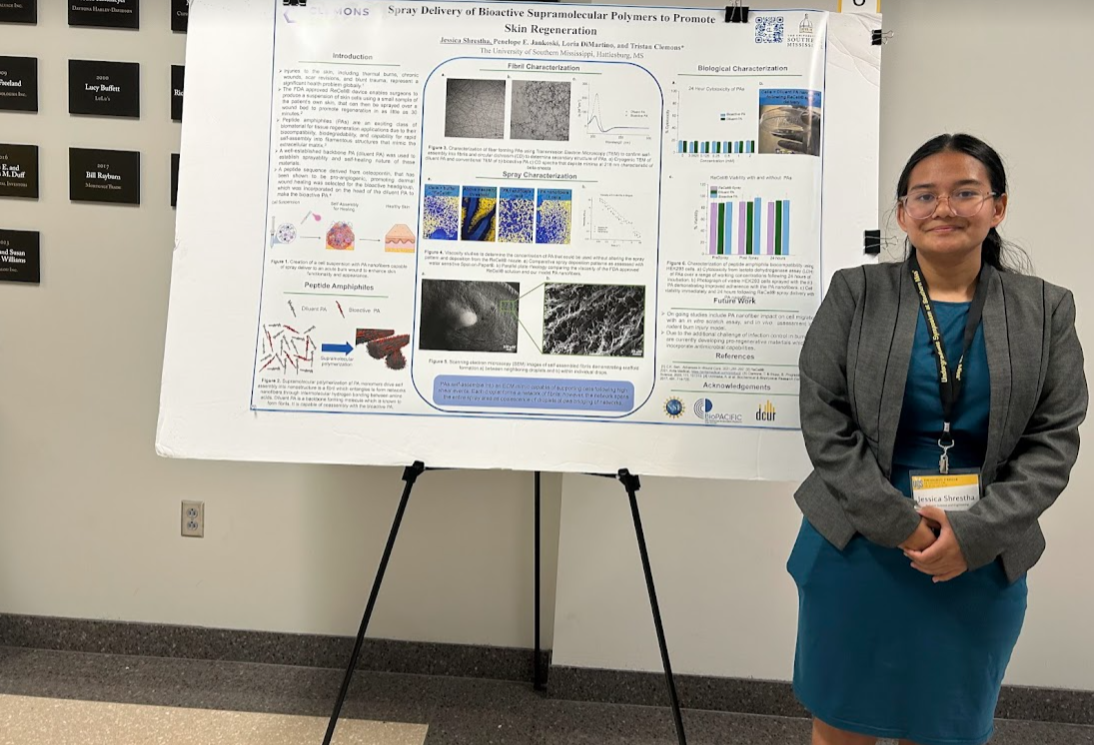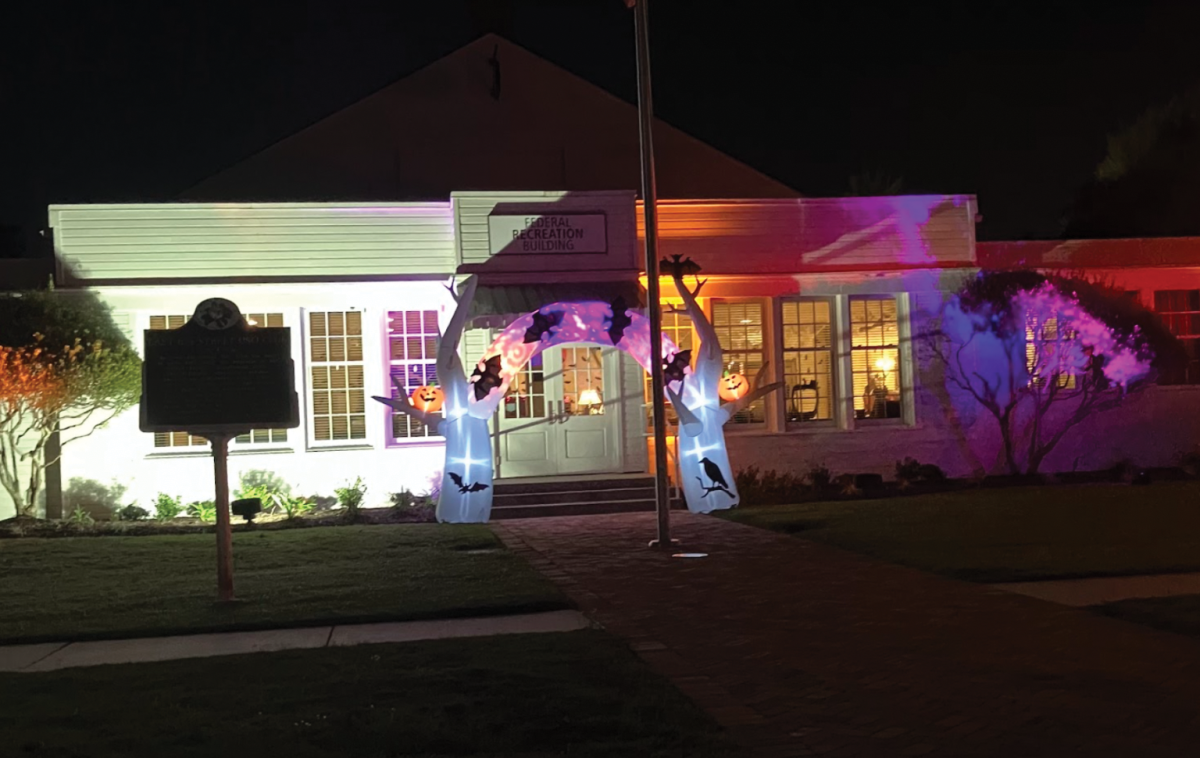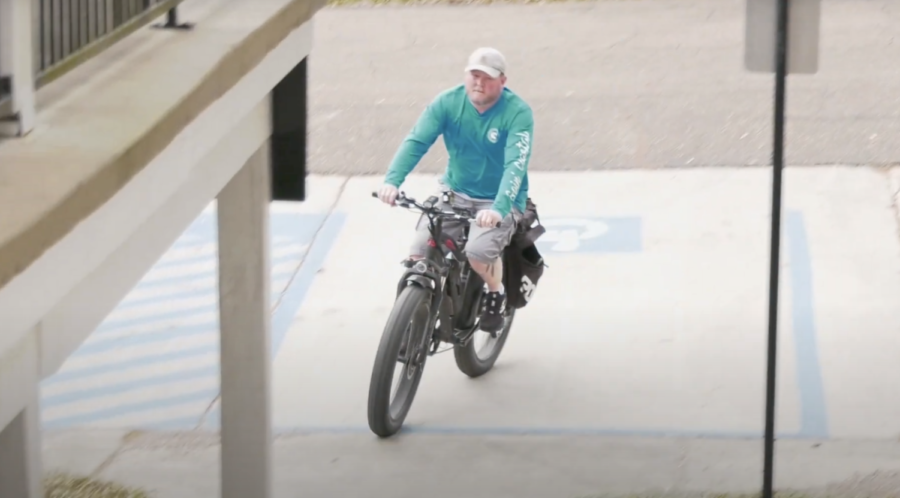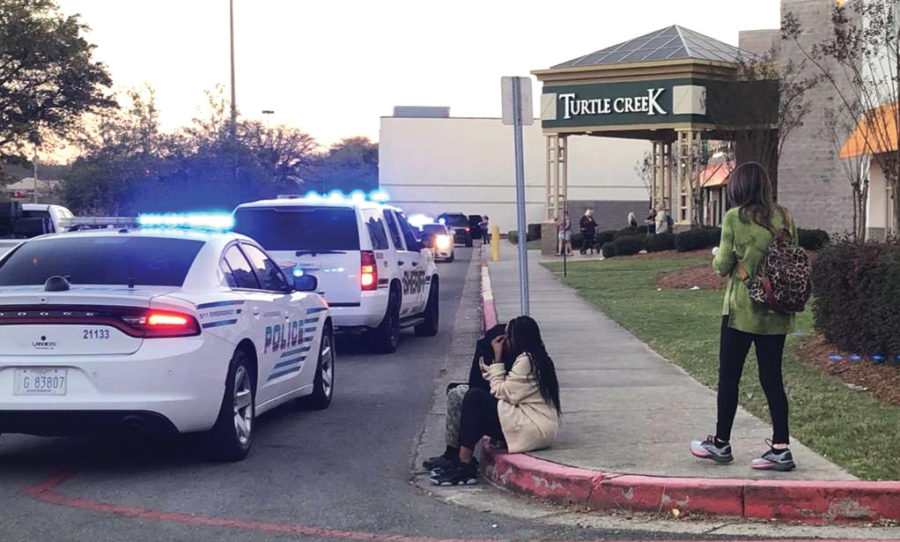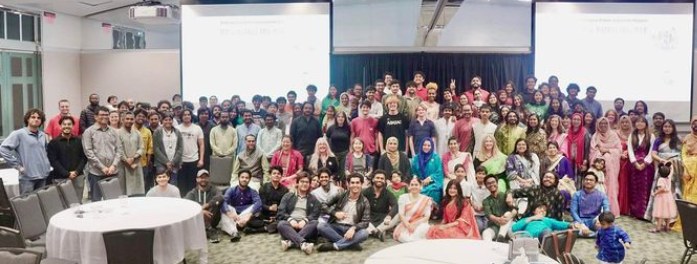The Thirsty Hippo in Downtown Hattiesburg continued its Interdisciplinary Investigations series of lectures entitled “Fleshed Out: The Body Politic” held throughout the 2016-2017 year.
The second of the three sessions held in the spring semester entitled “How Do We Control ‘Dangerous Bodies?” was hosted on March 2.
Associate Professor of Sociology Ann Marie Kinnell discussed what makes a body dangerous. The focus of her presentation was on how a society seeks to control, modify or even eliminate those dangerous bodies.
“Externalization is the idea that man creates the social world and gives meaning to it,” Kinnell said. “Objectification follows as a result, where those meanings become so real that they take on a life of their own. We forget that we have created the meanings for them. Internalization is when the objectified world acts back on the human, and we teach other people what the meanings are subconsciously.”
Kinnell used cocaine toothache drops as an example of how meanings in society can change. According to her, drops of cocaine were used to sooth toothaches and given out without second thought, whereas cocaine is now so far ostracized that the idea of giving out cocaine is deemed dangerous. Society, Kinnell said, creates meanings for objects, words and ideologies and has control to change the meanings for those same constructs.
There are three facets of the body: the internal body, the external body and the adorned body. Kinnell addressed the internal body and used menstruation as the primary example.
“In Nepal, when a female gets her period, she must stay in the Shed,” Kinnell said. “We, as a society, have given meaning to periods that the female is unclean and [cannot] be touched because they are dangerous – in the sense that it is something you do not talk about, that it is taboo and something kept private.”
According to Kinnell, young women in Uganda sometimes drop out of school because they cannot afford pads and therefore are a danger to themselves due to the meanings applied to menstruation.
Kinnell discussed the external body in relation to skin color.
“The darker the skin color, the more dangerous society makes you out to be,” Kinnell said. “We have criminalized dark skin. Black skin is the scheme we use to evaluate whether a person should be criminalized.”
In other words, everyone sees skin color, but it is the meaning given to skin color that defines whether or not it is dangerous. This creates socially destructive relationships and a cycle of distrust, according to Kinnell.
Kinnell then discussed the adorned body and its relation to tattoos. Society gives tattoos both positive and negative connotations.
“If we, as a society, do not look past a person’s tattoos, we do not allow them to move on from them,” Kinnell said.
Kinnell concluded by discussing how people create a meaning system, impose order on the world and internalize through socialization. Meaning and order, however, can be changed.
The event and series are open to the public. For more information about upcoming events in the series, visit www.artsandlettersnow.usm.edu.


